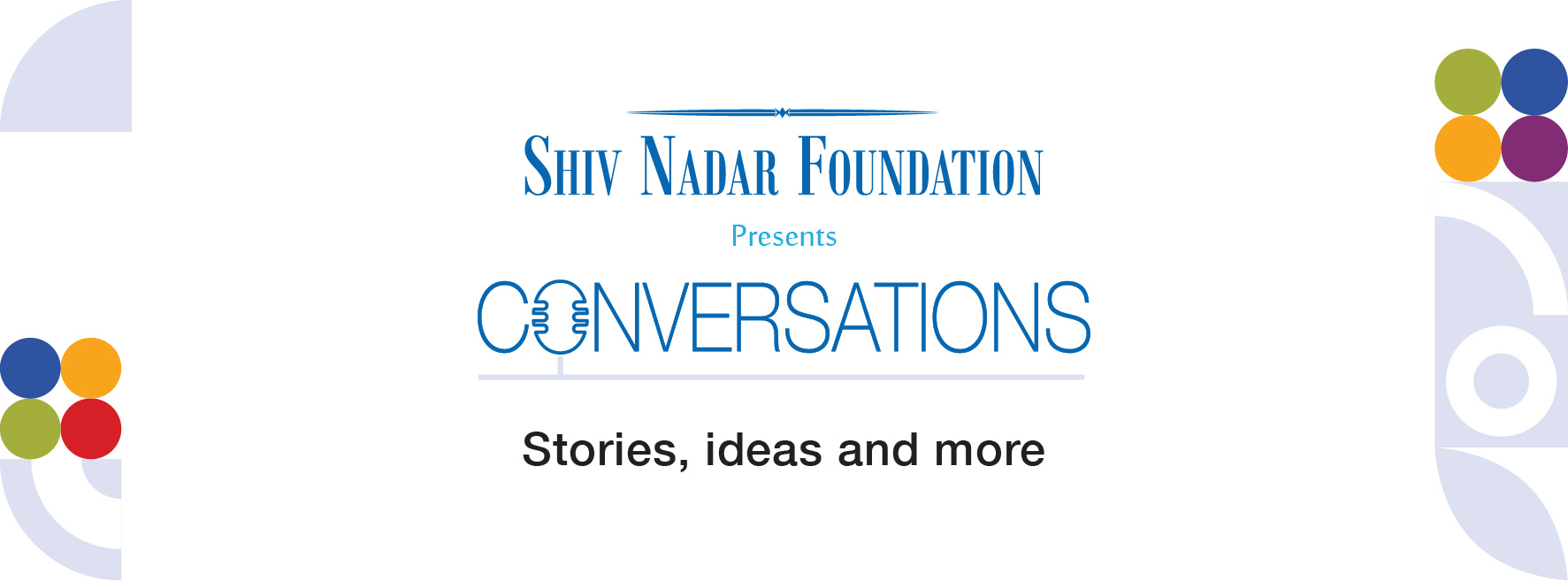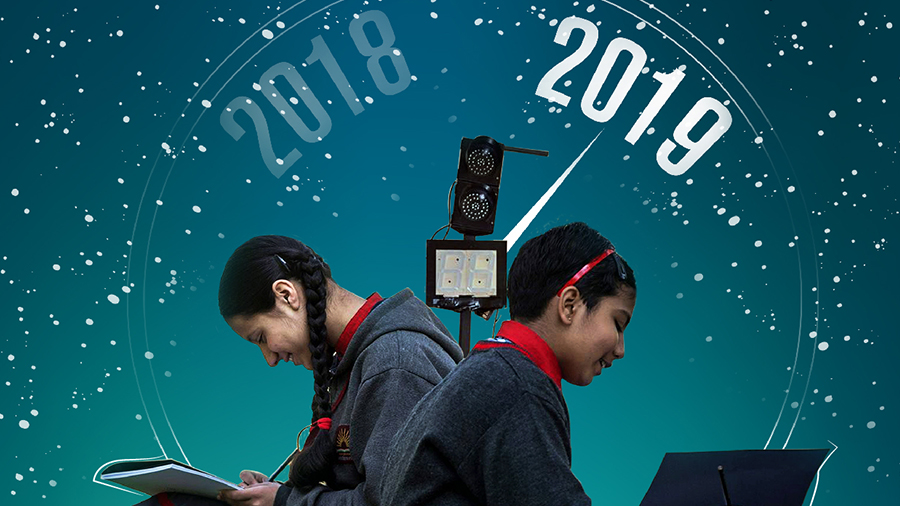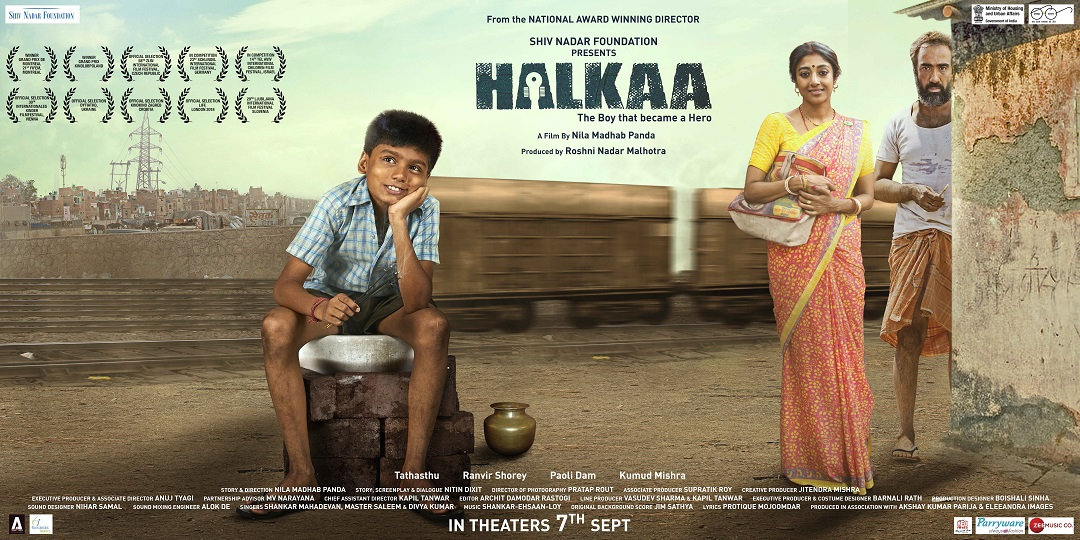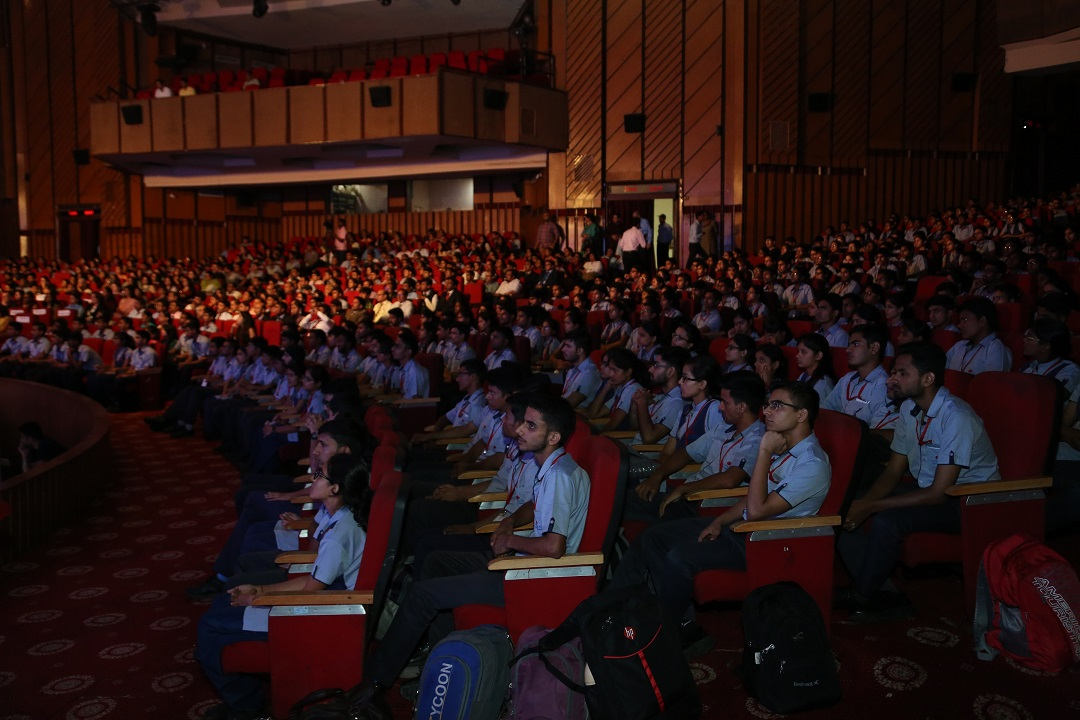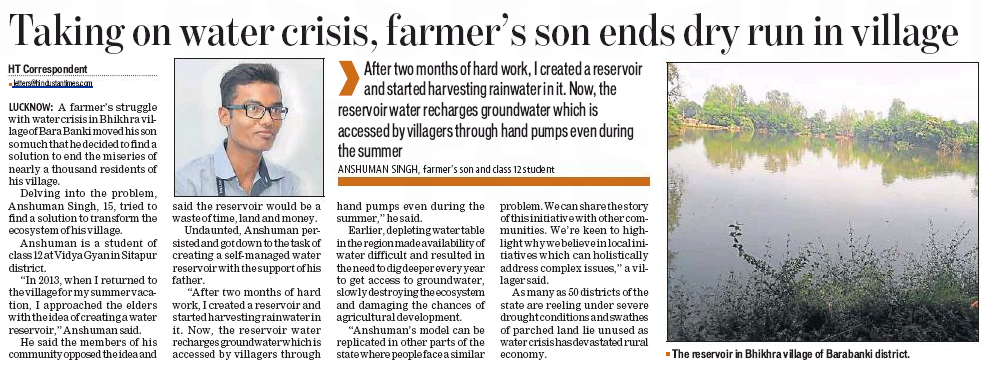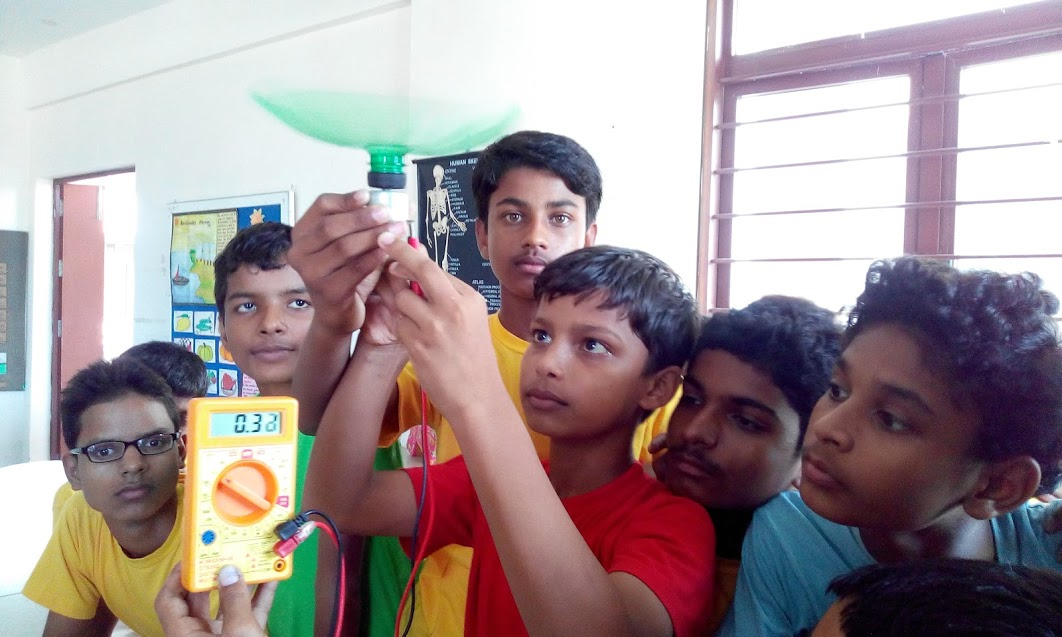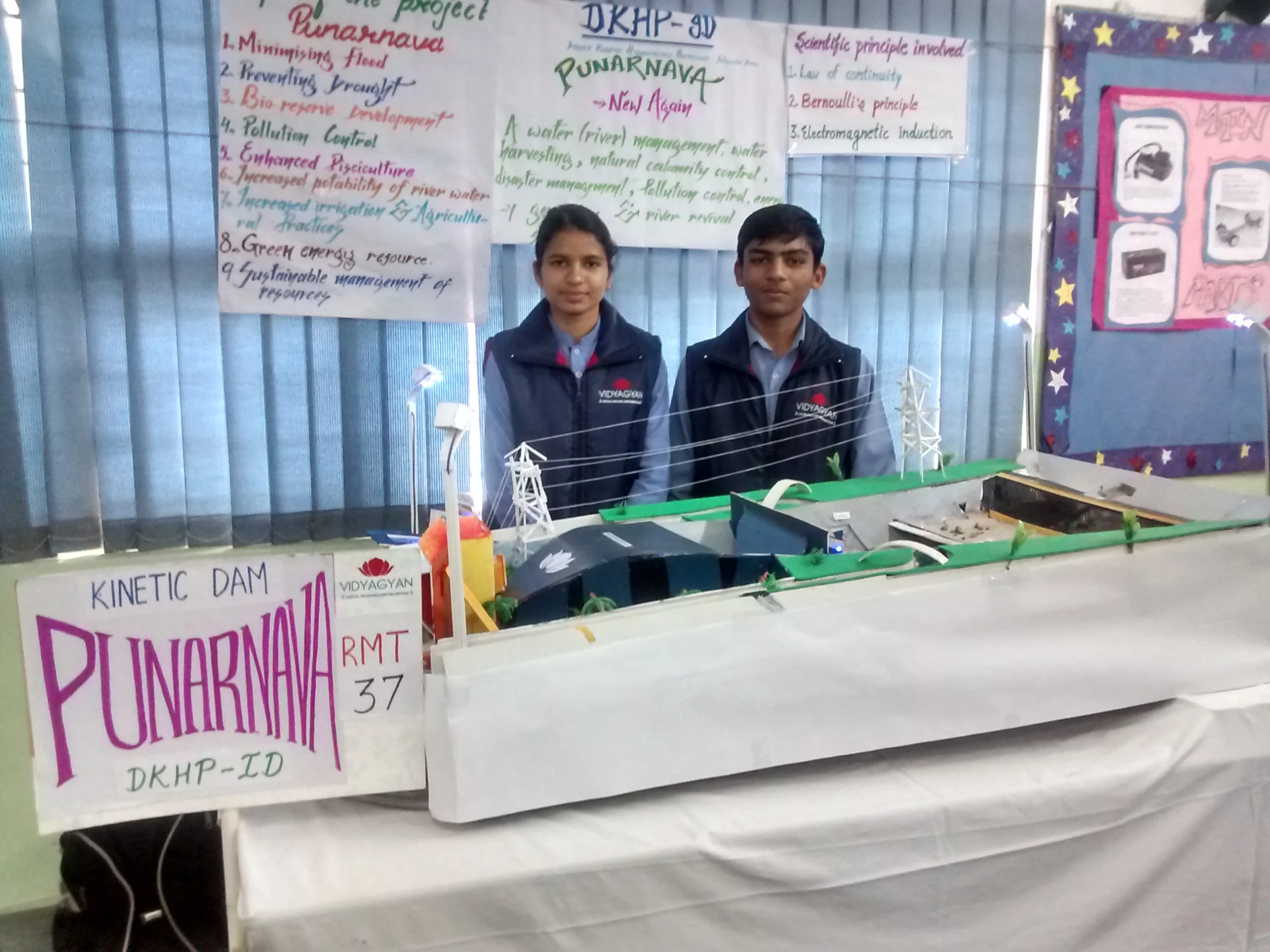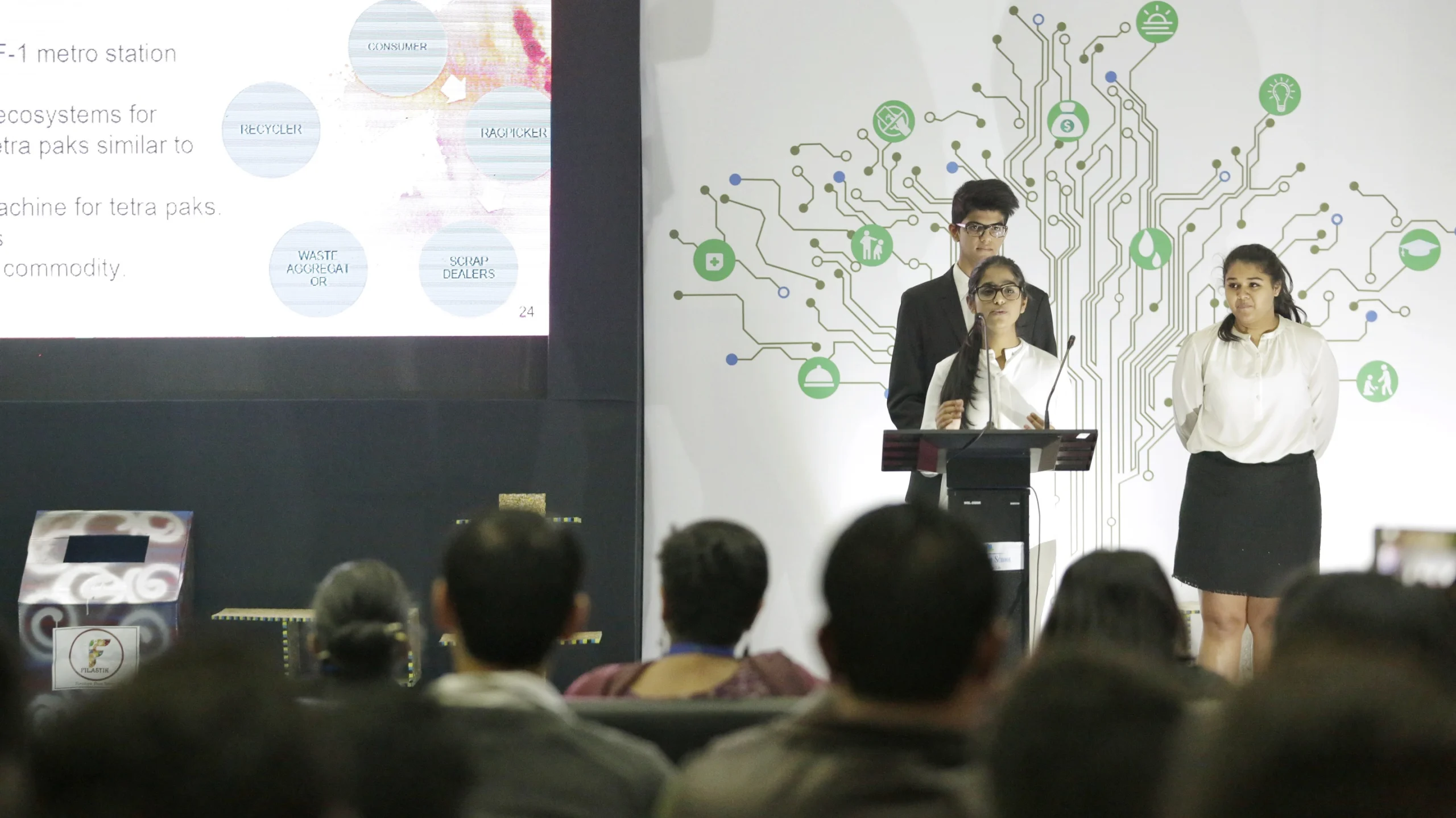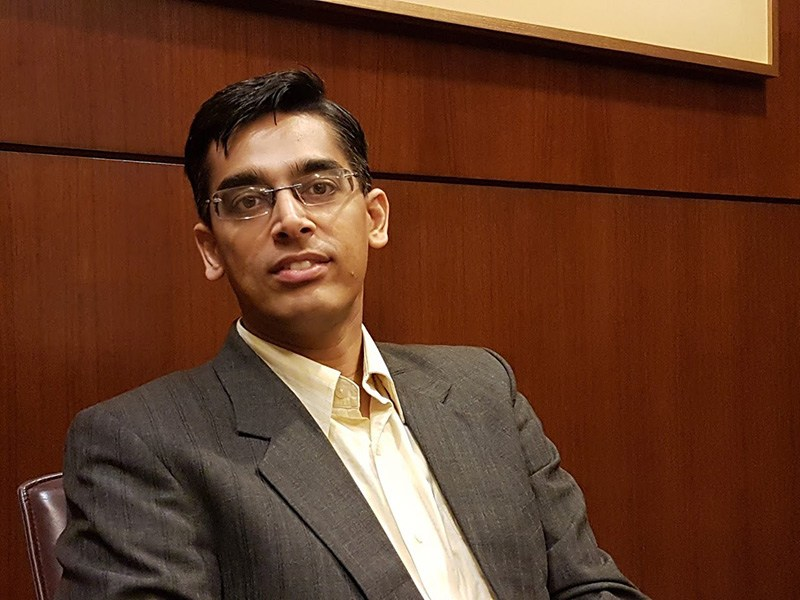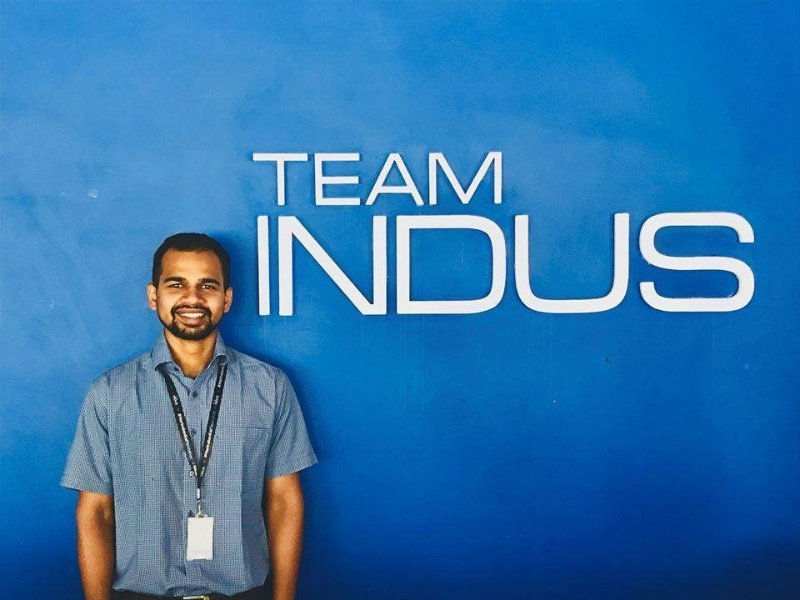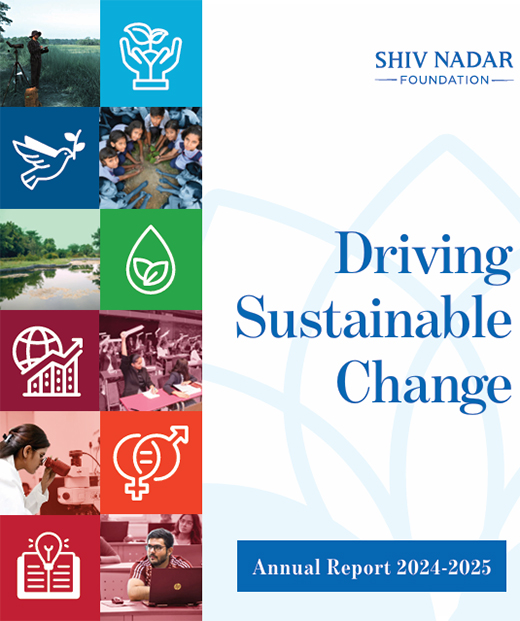Nurturing leaders – A global perspective
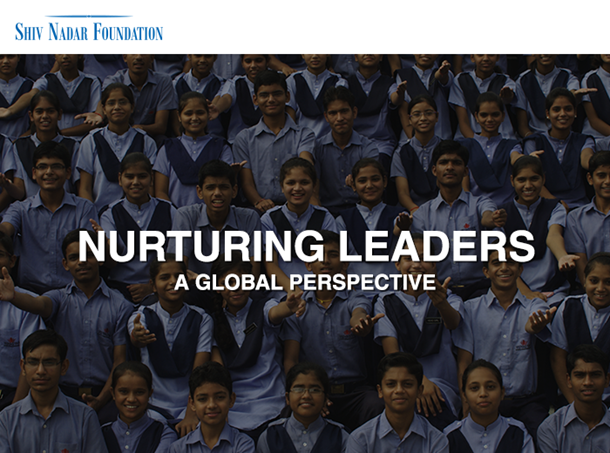
Leadership is a skill that can be imparted and learned. But it requires the right kind of training and skill development at a young age, when children are still forming world-views, developing their personalities and imbibing life skills. It is key at this time to nurture them with the ideas, approaches and capabilities necessary for leadership. While our schools follow set curriculums, promote extra-curricular activities and mentor children on right and wrong, there is a crying need to look at the very environment they are being raised in. Who do they look up to? What do they value? Are they actively curious? These are the questions that have shaped the ethos of leadership academies the world over – institutes of learning that focus on not just education but the right environment and skill-development to create leaders for tomorrow.
Across the globe, one finds several stellar examples of leadership academies that are doing their bit to develop successful leadership skills in children. While they take different routes towards this, the core belief is the same – our children will shape the world of tomorrow and it is our duty to equip them to do so.
For instance, the African Leadership Academy aims to identify and nurture young leaders from the continent. In addition to leadership training, the focus is on inculcating a mind-set for social change and impact. The academy acts as a network of socially aware young leaders that understand the biggest challenges of their environment. And further provides them with the skills, resources and opportunities to tackle them for the future generations. The success of this model is exemplified in the fact that over 130 profit and non-profit ventures founded by ALA students and alumni are running today across 21 countries in Africa, creating more than 250 jobs and impacting 6 million stakeholders.
Another model closer home is the one followed by Teach for India. The organisation has been working for over 10 years to build a community of young leaders to tackle the specific challenge of education inequality in India. These leaders are picked from across the country to work closely with children from low-income families. On the way, they get hands-on learning about the ground realities of India’s education system. And over time, armed with these insights, they take up jobs in the sector, ranging from policy to teaching and training. Today, the organisation has over 1200 fellows or young leaders teaching 42,00 children in the country. Moreover, its 1,500 alumni continue to work as leaders in the sector, tackling and working through the challenges faced by the sector.
At the same time, look at the Model United Nations, a competition that simulates UN conferences, introducing students to the world of diplomacy, negotiation, and decision-making. Here is a program that puts young adults in a high-pressure environment where they learn to deliberate and debate over the most critical issues facing our world today. Moreover, young delegates are assigned countries, committees and a diverse set of topics. This practice makes it necessary for them to think on varied points of view. It is a platform for students to inculcate skills like public speaking, debating, writing, teamwork and ultimately, leadership.
These academies and platforms throw light on the need for going beyond school learning and grooming our children to take up leadership roles tomorrow. Imagine how important this is especially in our country where the youth demographic is one of the largest in the world. This demographic needs us to step up to the challenge and create the right environment for them to grow. We can learn from the approaches highlighted above. For example, in inculcating a socially responsible attitude in our youth leaders so they themselves become beacons of change tomorrow. By offering exposure to global issues and platforms where young adults can learn better and think better for the future.
The challenges and needs of the 21st century will keep growing and evolving. And if we can equip our children to take these head on, India would be a force to reckon with in the future. As Ban-Ki Moon, Former Secretary-General of United Nations said, “Let us acknowledge and celebrate what youth can do to build a safer, more just world. Let us strengthen our efforts to include young people in policies, programmes and decision-making processes that benfit their future and ours.”

